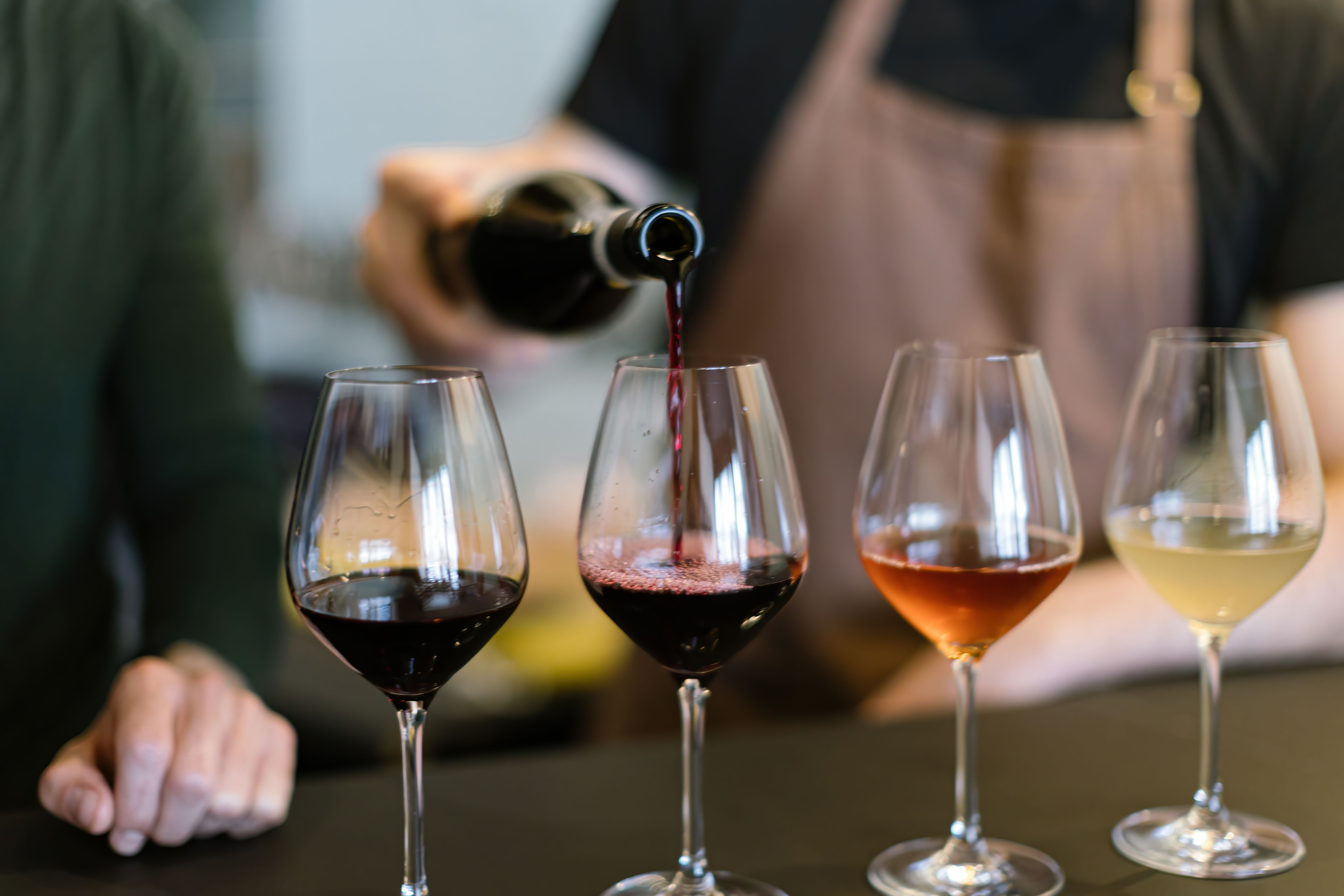Mastering Degustation: Hosting a Gourmet Tasting Event
Introduction to Degustation
Degustation, a term derived from the French word "déguster," meaning to taste and appreciate, is a culinary art form that involves carefully crafted tasting events. These gatherings are designed to offer guests a sensory journey through a series of small, expertly prepared dishes or samples. For those who love gourmet cuisine, hosting a degustation event can be an exciting way to showcase culinary skills and creativity.
Whether you're a seasoned chef or a passionate home cook, mastering the art of degustation can elevate your culinary experiences and impress your guests. In this blog post, we'll guide you through the essential steps to hosting your own gourmet tasting event.
Planning Your Event
The key to a successful degustation event lies in meticulous planning. Start by deciding on a theme or focus for your tasting. This could be centered around a specific cuisine, seasonal ingredients, or even a particular type of wine or spirit. Once you have your theme, you can begin to craft a menu that aligns with it.
When designing your menu, aim for balance and variety. Consider incorporating different flavors, textures, and cooking techniques. A well-rounded degustation menu should have a natural progression, starting with lighter dishes and gradually moving towards more robust flavors.
Guest List and Invitations
Your guest list should include individuals who appreciate fine dining and are open to trying new flavors. Send out invitations well in advance, and be sure to provide details about the event's theme and any dietary restrictions you might need to accommodate.

Setting the Atmosphere
The ambiance of your degustation event plays a crucial role in the overall experience. Choose a venue that complements your theme, whether it's an intimate dining room or an outdoor garden setting. Pay attention to lighting, table settings, and background music to create an inviting atmosphere.
Consider using elegant tableware and glassware to enhance the presentation of each dish. Small details like fresh flowers or candles can add a touch of sophistication to the event.
Wine Pairing
An integral part of any degustation is the pairing of wines with each course. Select wines that complement the flavors of your dishes, enhancing the tasting experience. If you're unsure about wine pairings, consult with a sommelier or do some research to find suitable matches.

Executing the Event
On the day of the event, ensure everything is organized and ready for your guests. Have a timeline in place for when each course will be served, allowing enough time for guests to savor and appreciate each dish. Pay attention to plating, as presentation is key in a degustation.
Encourage guests to share their thoughts on each course, fostering conversation and enhancing the communal aspect of the event. Be prepared to adapt if needed, as flexibility is important in ensuring a smooth experience.
Feedback and Reflection
After the event, seek feedback from your guests to understand what worked well and what could be improved. Use this information to refine your skills for future degustations. Hosting a gourmet tasting event is as much about learning as it is about entertaining.
With careful planning and execution, mastering degustation can become a rewarding culinary pursuit that delights both you and your guests.
Commercial Kitchen Marketplace
Your one-stop online destination for equipping professional kitchens. Discover a wide selection of durable, high-quality commercial-grade appliances, from heavy-duty ovens and refrigeration units to efficient food preparation tools and essential kitchenware. Visit our store: http://avice.org
